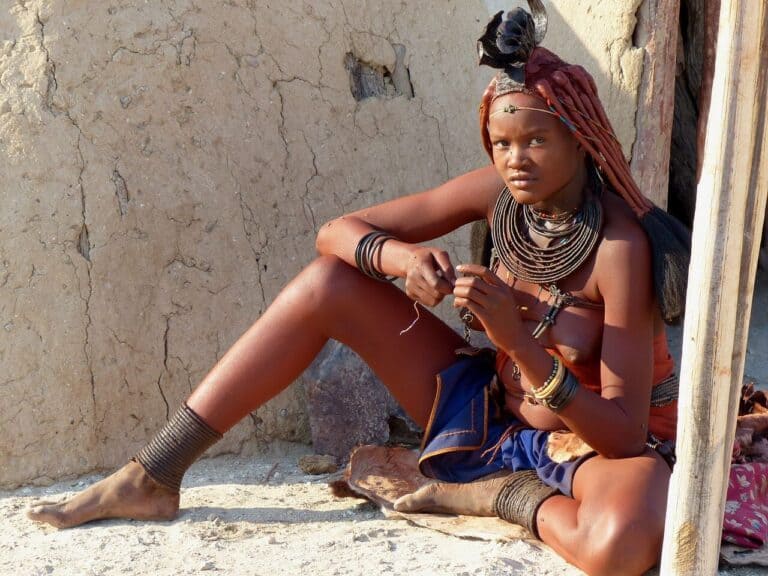Postcolonial theory has been illusive to define or to limit its meaning. This is because, the term is used and applied in different fields including literary studies, sociology and anthropology in which definitions are frequently defined differently, and also, because the concept has various meanings.
Postcolonial theory seeks to understand and critique the cultural, social, political, and economic legacies of colonialism and imperialism. Postcolonial theory explores the complex relationships between colonizing powers and colonized societies, examining the lasting impacts of colonization on the latter. Postcolonial Thoery has the capacity to empower local people to decolonise their systems ands institutions.
I have summarised this article in a video linked below:
The 3 Fundamental Aspects of Postcolonial Theory
However, it was Lunga (2008) who identified interrelated categories within which Postcolonial theory can be discussed.
First, she sees Postcolonial as a theory describing people’s experiences within geographical spaces.
Second, she sees Postcolonial as a theory referring to a specific period of time.
Third, Lunga (2008, p. 192) sees Postcolonial theory as ‘a critique or textual approach to realities of oppression and subjugation.’
Lunga (2008) argues that, as a theory describing experiences with geographical spaces, Postcolonial theory is ‘used loosely to describe experiences and geographical spaces of former colonized countries and people (p. 192).
As such, countries like Zambia, India, Jamaica, Zimbabwe and South Africa which were partially settled by former colonizers are referred to as Postcolonial. Further, settler countries like Canada and Australia can also be described as Postcolonial. As an identifier of a specific period of time, Postcolonial theory describes a historical period after colonization following independence of the colonised countries.
However, this view is said to undermine the meaning of Postcolonial as it suggests that colonialism ended at independence (Mutuota, 2019).
The third aspects of Postcolonial theory is described by Lunga (2008) as:
[T]exts or literatures in countries that were once colonized, especially by the European countries. Postcolonial theory may also deal with literature written in or by citizens of colonizing countries and draws on colonial experiences for subject matter. Postcolonial literature focuses on the ways in which writers articulate and celebrate cultural identity/ ies and delve into questions of agency and resistance, for example, how colonized subjectivities respond to European or imperial projects. Postcolonial theory analyzes how the colonized employ creative resistance that challenge and complicate the colonizer-colonized interaction…. In addition, Postcolonial literature focuses on the ways in which the society and culture of the colonised are perpetually constructed as the inferior Other by the colonizer’s literature.
Lunga(2008, pp. 192-193).
Postcolonial theory therefore is a theory that deals with restoration of the culture of the formerly colonised Other, communities impacted by ‘the imperial process from the moment of colonisation to the present day’ (Mutuota, 2019, p. 91).
Other scholars following this view have described Postcolonial theory as a means of defiance of forms of subjugation. Rukundwa and Aarde (2007) argues that, ‘from an optimistic point of view, Postcolonial theory is a means of defiance by which any exploitative and discriminative practices, regardless of time and space, can be challenged’ (p. 1171). Kayira (2015) argues that Postcolonial theory ‘focuses on rethinking the conceptual, institutional, cultural, legal and other boundaries that are taken for granted and assumed to be universal, but have their origins in Western ideologies and act as structural barriers’ (p. 113).
In Africa, as in all former colonised continents, formal education, being the vehicle through which neocolonialism has been perpetuated, strengthens colonial systems. This is because, colonial education from the beginning seeks to ‘systematically devalue Africa’s indigenous knowledge and to destroy all sense of self, community awareness and pride, which the African had prior to being engrafted as a part of the colonial system’ (Ezeanya-Esiobu, 2019, p. 36).
Thus, the more Africans educated, they more they alienated from their own culture. At each stage, Africans succumbed to the Western system which turned them against their own Indigenous ways (Ezeanya-Esiobu, 2019).
Hence, Postcolonial theory presents a situation where the colonised Other can challenge dominant Western and Eurocentric ways of knowing and seeing. It calls for the decolonisation of the mind of the formerly colonised Other and also, institutions within which the former colonisers’ impose and perpetuate their ways of knowing (Kayira, 2015; Thiong’o, 1965).
Postcolonial theories provide frameworks that centre Indigenous discourses on the same footing as Western dominant views. Postcolonial theory paves way for multiplicity of centres and create space and voices for Indigenous communities which have been marginalised and produce Others’ discourses which act as alternative to the Western and Eurocentric dominant discourses (Chilisa, 2012; Kayira, 2015).
Key principles of postcolonial theory
Power Dynamics: Postcolonial theory scrutinizes the power imbalances between colonizers and colonized peoples. It delves into how these imbalances shaped the colonial experience and continue to influence contemporary global dynamics.
Identity and Representation: It examines how colonialism influenced the construction of identities, both individual and collective, and how these identities are represented in literature, art, media, and discourse. Postcolonial theorists emphasize the need to challenge and revise these representations.
Resistance and Decolonization: Postcolonial theory highlights the strategies and movements used by colonized peoples to resist and eventually dismantle colonial structures. It celebrates efforts to regain cultural, political, and economic autonomy.
FAQs
Conclusion
In summary, Postcolonial theory has been applied to various fields, including literature, history, sociology, anthropology, and cultural studies, and it continues to be a significant lens through which scholars analyse the complex aftermath of colonial rule and its ongoing effects. Scholars like Young (2001) hold the view Postcolonial theory originates from Asia, Africa, and Latin America, the three southern continents where colonialism took place.







